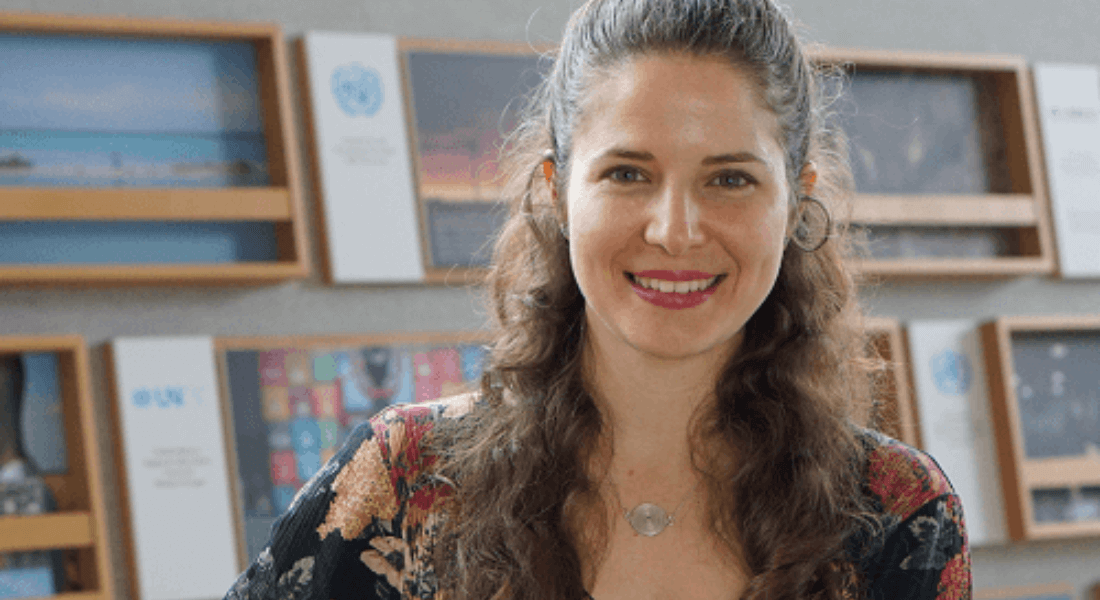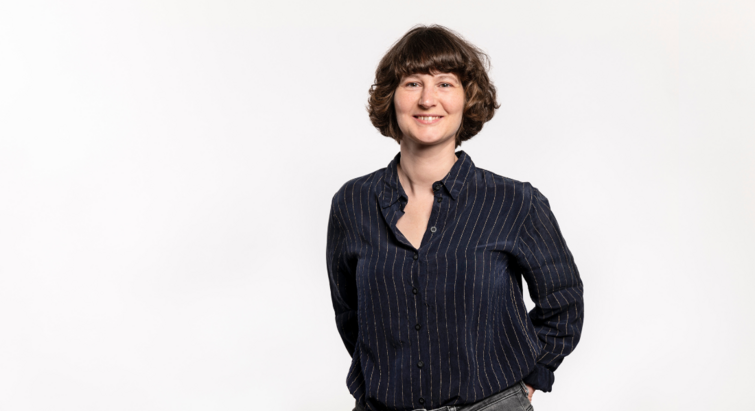
PhD defence: Shifting times: A problem-driven approach to understanding climate adaptation choices under uncertainty

PhD defence (hybrid)
Maria del Mar Moure Peña
Title of thesis
Shifting times: A problem-driven approach to understanding climate adaptation choices under uncertainty
Abstract
Human behavior and decision-making underlie climate change drivers but are also the key to successful adaptation. Smallholder farmers are increasingly under pressure to make critical adaptation decisions despite uncertainties arising from the complexity of the social-ecological systems they operate within and of potential impacts and response options. Historically, research on environmental risks has assumed people will reduce potential harm from natural hazards given matching resources and skills, an argument contested by empirical evidence. More recently, a shift away from this conception towards more dynamic theories of human behavior under uncertainty has been initiated. However, this shift has not been sufficiently translated into a robust understanding of how, when and why people adapt, or, crucially, how, when and why they do not.
This research sets out to identify the influence of different sources of uncertainty and people’s preferences in climate change adaptation decisions. We first review the existing body of knowledge about uncertainty and adaptation, focusing on the sources of uncertainty faced by different actors, and the strategies people use to deal with them. Then, leveraging a quasi-natural experiment in a series of studies, we compare two groups of smallholder farmers in the Mexican Mayan region: those who recently entered an agroforestry program and those who continued with the traditional slash-and-burn system (the milpa). Through two rounds of fieldwork in three Maya communities, we conducted 20 in-depth interviews, four focus groups, and surveyed 359 people. We also include additional census and open-access national survey data in the analysis.
The four papers scrutinize increasingly challenged but still common assumptions in the literature, namely, that the climate is the main uncertainty involved in adaptation choices; that adapting is for the better; and that people that adapt and people that do not have fundamentally different worldviews. For this, we synthesize a framework of sources of uncertainty resulting from reviewing the scientific literature. We then zoom in to the cognitive models of people transitioning (or not) to a different agricultural livelihood to compare rationale and responses. Next, we link expectations of (mal)adaption and spillover effect resulting from this transition to identified challenges of measuring adaptation efficacy. Finally, we test the influence of uncertainty on the preference for different policy interventions using a choice experiment to simulate adaptation decisions, a method that allows us to present hypothetical program scenarios with varying sources of uncertainty and temporal horizons.
Pooled together, our results paint a nuanced picture of the reality of adaptation decisions. The timeframe of adaptation interventions and its alignment with local preferences matter for uptake and continuity. While agroforestry is perceived to be more climate adaptive, and agroforesters feel more self-confident in their capacity to respond to hazards, there are concerns about unintended consequences of a large-scale conversion to agroforestry. Preservation of work autonomy and cultural values are key considerations in the choice of livelihood. Most respondents are overall reluctant to switch practices, and if they did, would prefer an adjustment over a dramatic change – i.e. an improved milpa system over agroforestry. Regarding uncertainty, we found evidence that people gauge multiple sources of uncertainty, that these are not given the same weight, and that people’s actions reflect trade-offs in the sources they prefer to face/avoid. Uncertainty about future trends in the climate can be a powerful motivator for changing practices, particularly among those otherwise most reluctant. Indeed, interventions that reduce climate uncertainty, such as irrigation, have a bigger effect in making alternative policies more attractive than the cash incentives offered. Also significant are measures linked to increasing self-efficacy and reducing uncertainty about own capabilities (e.g. role uncertainty), yet they are rarely a component in adaptation programs.
Using an interdisciplinary perspective that draws from methods and theories of geography, economics and psychology, the findings from this PhD not only advance the body of research on barriers to adaptation, but also further efforts towards the informed implementation of adaptation plans and programs.
Organiser:
Department of Food and Resource Economics (IFRO), University of Copenhagen
Supervisor:
Professor Jette Bredahl Jacobsen, Department of Food and Resource Economics (IFRO), University of Copenhagen
Co-supervisor:
Professor Carsten Smith-Hall, Department of Food and Resource Economics (IFRO), University of Copenhagen
Assessment Committee:
Chair:
Associate Professor Martin Reinhardt Nielsen, Department of Food and Resource Economics, University of Copenhagen
Professor Art Dewulf, Wageningen University and Research, The Netherlands
Associate Professor Elisabeth Gilmore, Carleton University, California, United States
Master of Ceremony
Associate Professor Goytom Abraha Kahsay, Department of Food and Resource Economics, University of Copenhagen
The defence is open to all.
Yes. Please contact Maria del Mar Moure Peña marmoure@ifro.ku.dk 10 June - 22:00 (CET), at the latest to receive link and passcode for online hybrid zoom participation.
Yes. If you are interested in a full copy of the thesis, please contact the PhD student or the PhD Secretary milton@ifro.ku.dk
No. The doors close when the defence starts and will not be opened again until the defence is finished.
You cannot leave early either unless there is an emergency.
It is not allowed to take pictures or record the defence without prior agreement with the PhD student and supervisors.
There is usually a reception after a defence. We kindly ask you to contact the PhD student if you want to know the location of the reception.
Events


